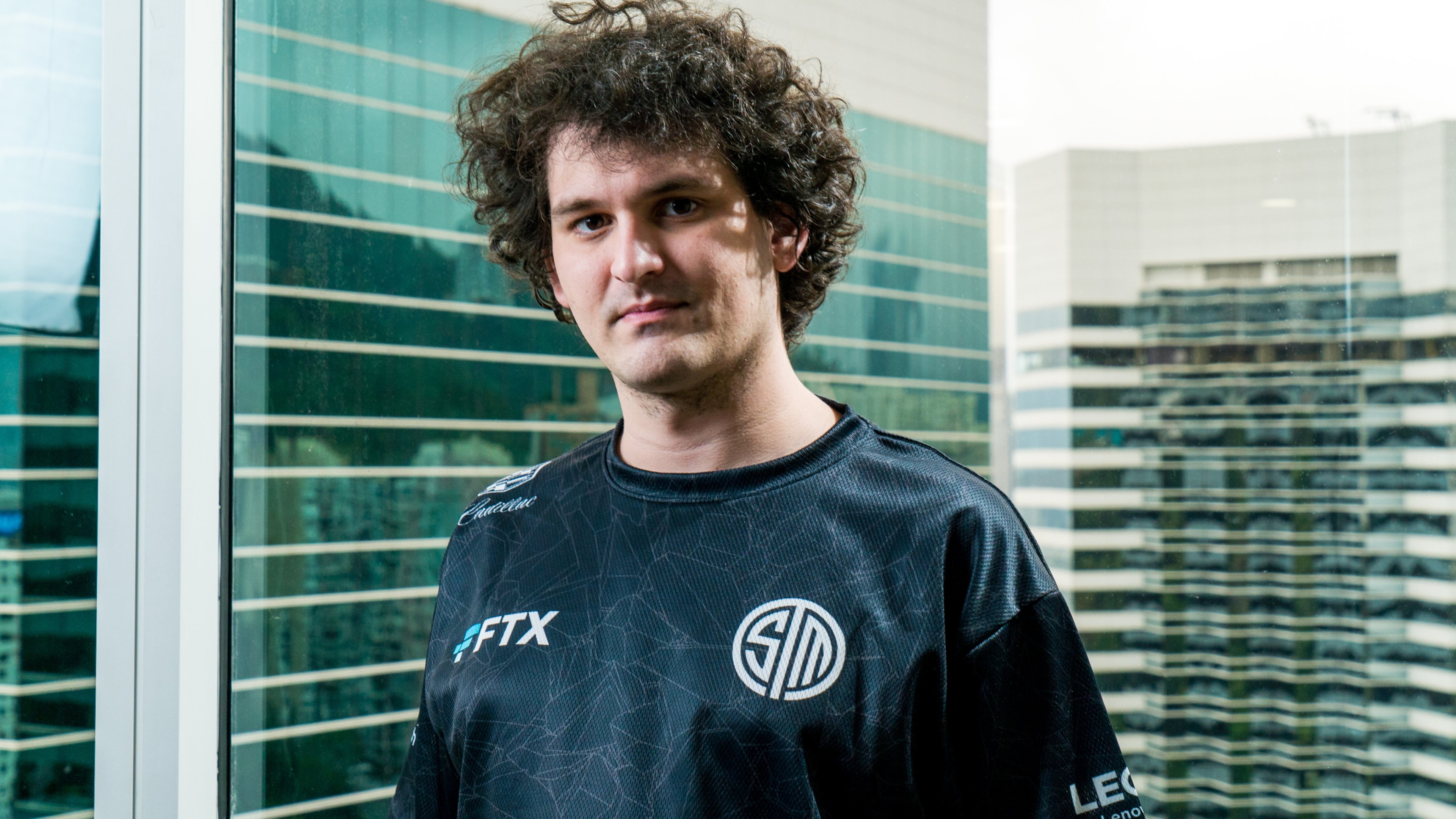'The king of crypto' found guilty of fraud, now faces decades in prison
Former billionaire Sam Bankman-Fried will be sentenced next year.

The man once known as "the king of crypto", Sam Bankman-Fried, has been found guilty of fraud and money laundering in New York after less than five hours of jury deliberations. The month-long trial saw former colleagues, friends, and even Mr Bankman-Fried's former partner testify against the crypto mogul, who was arrested last year in the Bahamas following the collapse of his trading firm FTX, which had a domino effect across the crypto space.
Bankman-Fried will be sentenced on March 28 next year, and faces decades in jail. The jury found him guilty of lying to investors and lenders about the state of FTX's finances (the firm collapsed with an $8 billion black hole in the accounts) over seven counts of fraud and money laundering, all of which Bankman-Fried had pleaded not guilty to.
Five of the charges carry a maximum prison sentence of 20 years, with the other two having a five-year maximum. The potential maximum sentence is 110 years and, while that is unlikely, Bankman-Fried is facing a considerable stretch behind bars. Bankman-Fried could face a second trial on other charges, and the judge has asked prosecutors to confirm this by February next year, prior to his sentencing.
"Sam Bankman-Fried perpetrated one of the biggest financial frauds in American history: a multibillion-dollar scheme designed to make him the king of crypto," said prosecuting US attorney Damian Williams after the verdict. "This case has always been about lying, cheating and stealing, and we have no patience for it."
Bankman-Fried is almost certain to appeal, although this is yet to be confirmed. "We respect the jury's decision," said his lawyer Mark Cohen. "But we are very disappointed with the result. Mr Bankman-Fried maintains his innocence and will continue to vigorously fight the charges against him."
The case hinged on the interplay between FTX and another Bankman-Fried crypto trading firm, Alameda Research, which used funds from FTX customers to pay its own debts, buy properties, and make investments. Bankman-Fried's defense unsuccessfully argued this was "bad judgement" rather than criminality, and last week the crypto mogul took the stand to give evidence in what was widely seen as a hail mary move in a trial that wasn't going well for him.
Bankman-Fried testified last Friday that he knew "basically nothing" about cryptocurrencies and had "absolutely no idea how they worked… I just knew they were things you could trade."
The biggest gaming news, reviews and hardware deals
Keep up to date with the most important stories and the best deals, as picked by the PC Gamer team.
As the prosecution successfully argued here, however, beneath all the complexity and crypto jargon this was a tale as old as time.
"He took the money. He knew it was wrong. He did it anyway, because he thought he was smarter and better and that he could figure his way out of it," assistant US attorney Nicolas Roos said during the closing arguments.

Rich is a games journalist with 15 years' experience, beginning his career on Edge magazine before working for a wide range of outlets, including Ars Technica, Eurogamer, GamesRadar+, Gamespot, the Guardian, IGN, the New Statesman, Polygon, and Vice. He was the editor of Kotaku UK, the UK arm of Kotaku, for three years before joining PC Gamer. He is the author of a Brief History of Video Games, a full history of the medium, which the Midwest Book Review described as "[a] must-read for serious minded game historians and curious video game connoisseurs alike."

